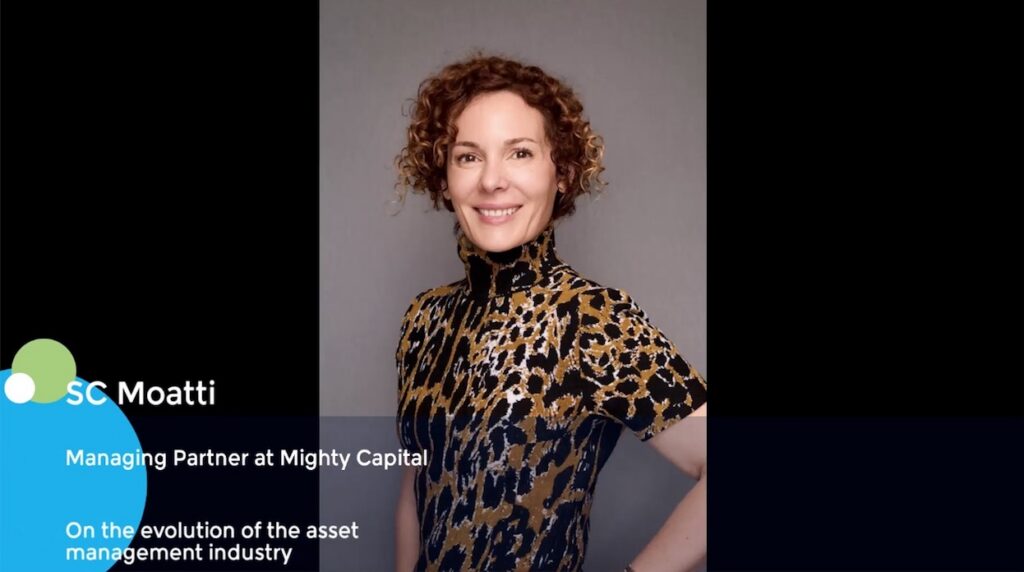Hey Google, can AI chatbots replace investment bankers?
- Basic research being offloaded to machines
- Acquisitive CEO calls ChatGPT ‘best banker I know’
- Skeptics cite soft skills of real people
Is AI coming for investment banking jobs and mandates? Some experts see it as inevitable, if not already happening.
Still, others say the technology cannot replace the power of bankers’ people skills and nuanced market knowledge.
Bulge bracket banks like JPMorgan and Goldman Sachs have acknowledged that they expect to hire fewer junior people as perfunctory research tasks are offloaded to artificial intelligence platforms such as OpenAI’s ChatGPT and Google AI Ultra.
“I think there is no place to hide,” said Vasant Dhar, a professor at New York University Stern School of Business and founder of hedge fund SCT Capital Management. “The intelligence is there and AI can do the work of people in finance. No one knows how this will pan out, but it will probably help firms do a lot more with fewer people.”
AI-assisted tools “are rapidly encroaching” on the investment banker’s long-held value proposition of data and intelligence gathering, said Alex Sion, head of financial services at Blend360, a Maryland-based AI services provider. “A motivated executive can now access sophisticated market intelligence in minutes – what once required a small army of analysts and months of fees.”
A case in point is Olivier Novasque, founder and CEO of Sidetrade, an acquisitive Boulogne-Billancourt, France-based order-to-cash (O2C) software company.
Novasque told Mergermarket that when he decided to acquire a business in the Asia-Pacific region, he asked ChatGPT to compile a list of the best O2C companies in those countries. Sydney-based ezyCollect was at the top.
“ChatGPT screened the market for me, it’s not a joke,” he said.
On 17 July Novasque sent a LinkedIn message to ezyCollect founder and CEO Arjun (AJ) Singh, asking for a call. “After 10 minutes together, we were pretty sure that we were going to do business together,” Novasque said.
On 1 August, Novasque and his leadership team flew to Sydney for further talks. There they learned that ezyCollect was in the preliminary stages of working with a US-based investment bank to explore a future IPO. “I told him it was more important that we do something great together,” Novasque said. “After one hour of discussions, we were all convinced.”
The Sidetrade team spent a week in Sydney doing workshops and discussing possibilities, and before leaving they had signed an exclusive letter of intent. On 13 October, the EUR 37m (USD 43m) deal was announced, Sidetrade’s 10th global acquisition and largest to date.
Novasque said he will continue to use ChatGPT to identify acquisition targets in other regions. “Of course I’ll use it again; it’s the best banker I know, and it costs me USD 20 a month.” He said most bankers don’t want to screen the market for buy-side deals of the size that Sidetrade prefers. “Bankers prefer selling mandates to purchasing mandates,” he said, adding that he would definitely engage a banker for an exit.
NYU’s Dhar, who is also the author of the upcoming book, Thinking With Machines: The Brave New World of AI, said, “I’m not surprised, and shocked at the same time,” hearing about the Sidetrade deal. While a large language model-based chatbot like ChatGPT “is surprisingly good most of the time,” and can “speak with authority and doesn’t sound stupid,” it can also get things very wrong. “It’s gathering up what people are saying about the top-10 companies in the Australian payment space,” which is subject to bias based on what a company or an influencer is saying on its behalf, or purely inaccurate information, he noted.
“It’s a dangerous road to go down, but it might have worked out well for him because he had the expertise” from nine previous acquisitions, Dhar said.
Where bankers can still add value, he and others agreed, is in the softer skills of due diligence and deal facilitation.
“We are using AI to sift large data sets, which is helping to create efficiencies at the junior level,” said a managing partner of a middle-market private equity firm. “But in our experience it isn’t replacing bankers, who are still very important in our opinion.”
“From the perspective of someone looking for professional advice, spending USD 200,000 to feel more comfortable about a USD 10m investment might be worth the spend, especially if there’s a need for local expertise or niche knowledge of a sector or product,” said Thomas Young, a Salt Lake City-based economist who is a writer with Canary Wharfian, a UK-based resource platform for finance careers.
Unlike the experienced Novasque, “a lot of the executives don’t have the transactional background to know where the pitfalls may be,” observed David Opalek, a director at the Columbus, Ohio-based lower-middle-market investment bank Lawrence, Evans & Co.
“Anybody who has any familiarity with large language models can draft a halfway decent query to identify an acquisition target, but to be able to execute that transaction is a whole other question. There’s still a place for a full-service banker.”











